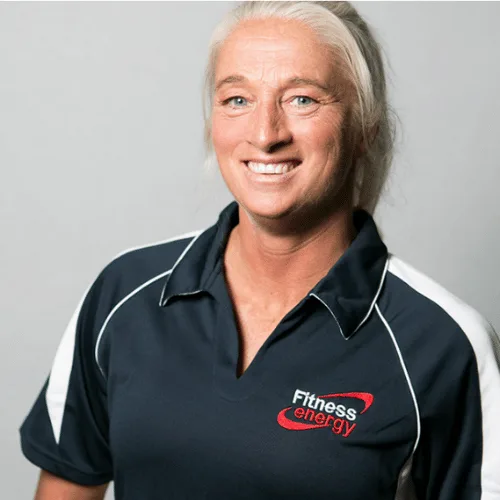Do personal trainers need insurance?
In many situations, personal trainers are required to hold an adequate level of public liability insurance. However, there are additional business insurances that PTs may want to consider.
Public liability
The most common cover for personal trainers. This covers you if someone sues for injury, damaged property, or death due to your business activities.
Public liability insurance is often compulsory if you work as a contractor, for example within a gym, or at a public space such as a park.
Professional indemnity
Covers you if a client sues on the basis of poor professional advice or breach of contract.
Life insurance
Life insurance doesn't just pay out when you die. It can also cover a percentage of your income or pay a lump sum if you're unable to work due to injury or illness.
There are other types of insurance you may want to consider depending on the scope of your personal trainer business, including:
Do personal trainers need insurance if they're working from a gym?
Your insurance needs will vary depending on your particular employment situation. In most cases, this is what you can expect:
Direct employees - Insurance needs are usually covered by the gym.
Contractors - Will likely be required to hold an adequate level of public liability insurance at a minimum. Should consider professional indemnity cover too.
Sole traders - Will likely be required to hold an adequate level of public liability insurance. Should consider professional indemnity cover too.
Is it worth getting public liability insurance for personal trainers?
Public liability is an extremely important type of insurance for personal trainers. It covers accidental property damage as well as injury or death of another person.
In many cases, it's mandatory for working in particular environments. You may want to consider public liability insurance if any of these apply to you:
- You're a contractor, sole-trader, or self-employed
- You operate out of a gym or fitness studio
- You operate in public spaces, such as parks or beaches
- You visit clients in their own homes
Is it worth getting professional indemnity insurance for personal trainers?
Professional indemnity insurance is also important, but is usually considered optional rather than mandatory. You may want to consider professional indemnity insurance if any of these apply to you:
- You're a contractor, sole-trader, or self-employed
- You give exercise or diet advice to clients
- You guarantee specific results for clients
Expert insights
FAQs
Sources
Ask a question
More guides on Finder
-
Farm insurance
Farm insurance can provide the protection Australian farmers need. It can include ✓ building insurance ✓ crop insurance ✓ livestock insurance
-
Types of Business Insurance
There are various types of insurance to consider based on your specific business needs. Find out more in this guide.
-
What truck insurance do I need?
Complete guide to getting insurance for trucks in Australia.
-
Workers’ compensation insurance. An essential thing for employers.
Read the Finder guide to workers compensation insurance and get cover in place.
-
Hourly Rate Calculator
This hourly rate calculator helps you consider your costs and profit and divide that by the number of hours you will work.
-
NRMA business insurance review
Read more about NRMA business insurance and its features.
-
Business at home insurance
If you run a business from home you need to make sure your business is properly insured. Read our guide to this specific type of business insurance and learn how to cover your home business.
-
Cyber Insurance Australia
Receive quotes for cyber liability insurance from Australian brands.
-
Commercial property insurance
Commercial property insurance is designed to protect business items.
-
Product Liability Insurance
When faulty products cause injury or loss, your business needs to protect itself with product liability insurance. Learn how product liability cover works and get quotes.




